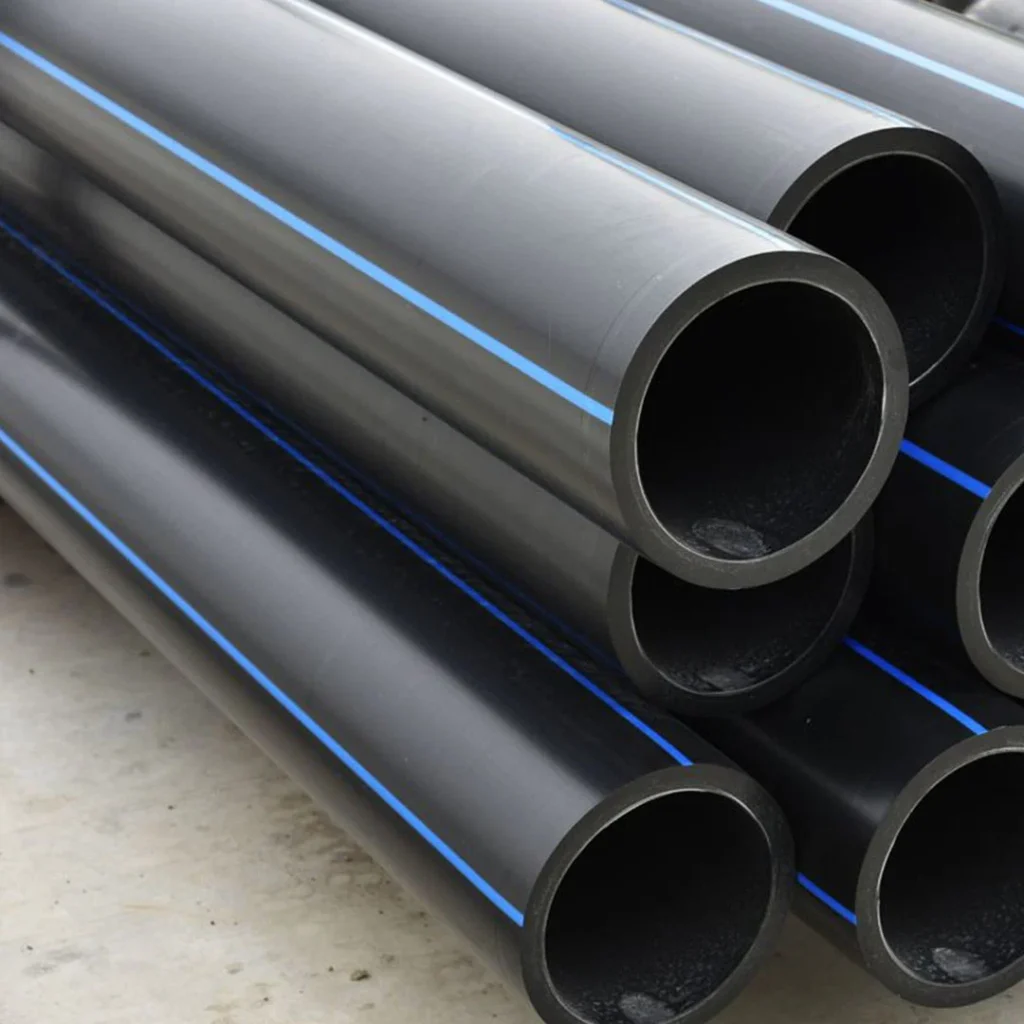
HDPE PIPES & COILS IN INDORE
The full form of HDPE is High-Density Polyethylene. HDPE pipes are made through a process known as extrusion and in this process, HDPE material is heated to a semi-molten state and then it is forced through a die to form a tube. The tube is then cooled and cut to the desired length, which helps to solidify the material. This process ensures consistent quality and high durability of the final product. Thus, the final product is a high-quality, flexible, and durable pipe that can be used for a variety of applications. HDPE pipes are widely used in water supply, gas distribution, sewage and drainage systems, and industrial processes in Indore.
FEATURES OF HDPE PIPE
HDPE pipes have several features making them a popular choice for various piping applications. Some of the features of HDPE are as follows :-
HDPE pipes are highly flexible, making them easy to install and handle during construction. These pipes can be bent and curved around easily reducing the need for fittings and making them a cost-effective solution.
HDPE pipes are exceedingly durable and they can withstand various environmental conditions such as high temperatures, exposure to sunlight, and chemicals-related other impacts. These features make them ideal for use in areas where there is a high risk of damage.
HDPE pipes are resistant to a wide range of chemicals, including acids, alkalis, salts, etc., and can be laid in marshy and corrosive soils without any coating or cathode-based protection. So these pipes can be used in chemical processing and wastewater treatment plants.
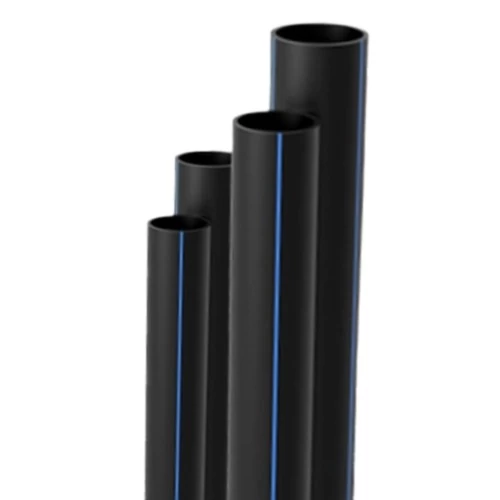
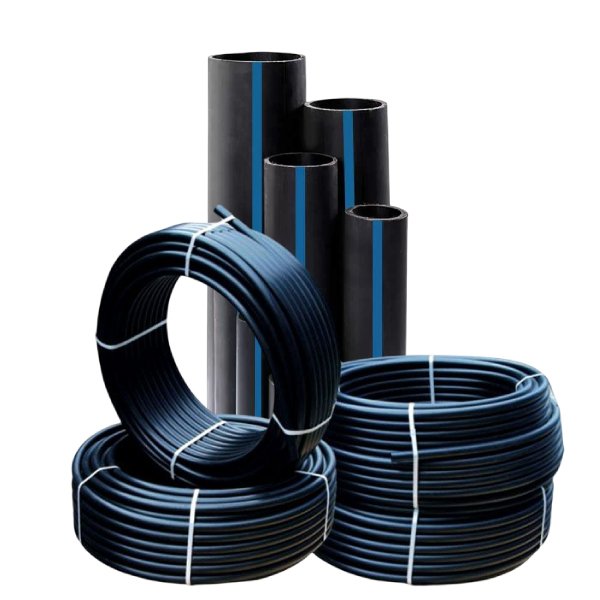
Since HDPE Pipes are connected by butt welding and electro-fusion welding making them leak-roof
HDPE pipes are lighter than traditional piping materials, such as concrete or steel, etc. which make them easier to handle and transport during installation.
HDPE pipes are not much expensive in fact, they are less expensive than traditional piping materials, which helps to reduce the overall cost of a piping project.
HDPE pipes are made from recyclable material and are free from toxic chemicals which make them an environment-friendly choice for piping applications.
HDPE pipes have a lower coefficient of friction as compared to other piping materials, which helps to reduce noise levels during the transfer of liquids or gases.
HDPE pipes have a long service life and they are designed to last for decades, even in tough conditions reducing maintenance costs and the need for frequent replacements.
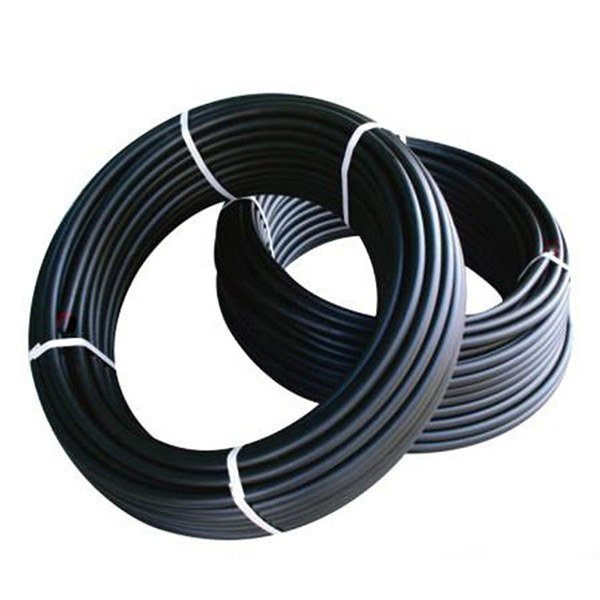
APPLICATIONS OF HDPE PIPES
HDPE pipes are used immensely for several applications due to their unique features such as high flexibility, corrosion resistance, and so on. Following are the important applications of HDPE pipes

HDPE pipes are made of food-grade polyethylene virgin material, making it safe for the transfer of potable water. These pipes are used in private and public water supply systems due to their high resistance to corrosion, wear and tear, and chemical exposure.

HDPE pipes are often used in sewerage and drainage systems due to their high resistance to chemicals and corrosiveness. These pipes are sturdy enough to withstand high pressure.

Mining
HDPE pipes are also best-suited and ideal for use in mining applications, such as slurry transport and process water transport, etc. Since HDPE pipes are resistant to abrasion and impact, they are ideal for use in harsh environments.

Gas Distribution
HDPE pipes are generally used in gas distribution systems as they are highly resistant to chemicals and UV radiation. Due to flexibility, these pipes are the best for use in areas with soil movement and seismic activity.
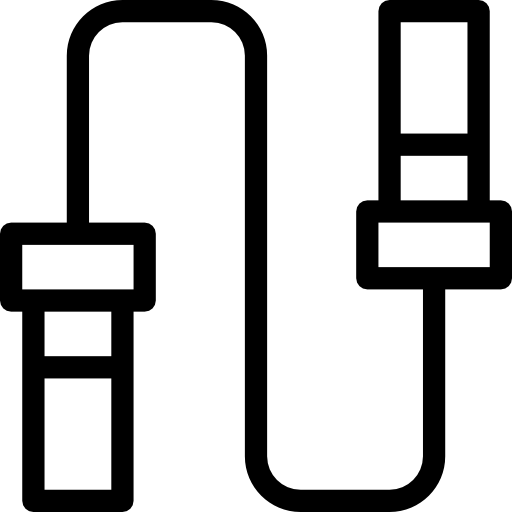
Cable Protection
HDPE pipes are used to protect underground electrical and telecommunications cables due to high resistance to chemical exposure and impact.

Chemical Transportation
Being chemical-resistant, HDPE pipes are used in the transport of chemicals and hazardous materials.





